Splatoon 4 is one of the many titles which could reasonably be released soon after the launch of the Nintendo Switch 2. This early period will be one of the most important in the console’s lifespan, and there are plenty of lessons to learn from its predecessor. With the reveal of the Switch 2 around the corner, there is no better time to take account of how the next Splatoon game could find success.
Splatoon is undoubtedly a household name for Nintendo now. This fact alone makes Splatoon 4 a potential contender as a launch title, especially considering how soon Splatoon 2 was released after the launch of the Nintendo Switch. However, the Splatoon series’ time on the Switch had a few missteps that can hopefully be corrected by the post-launch strategy of Splatoon 4.
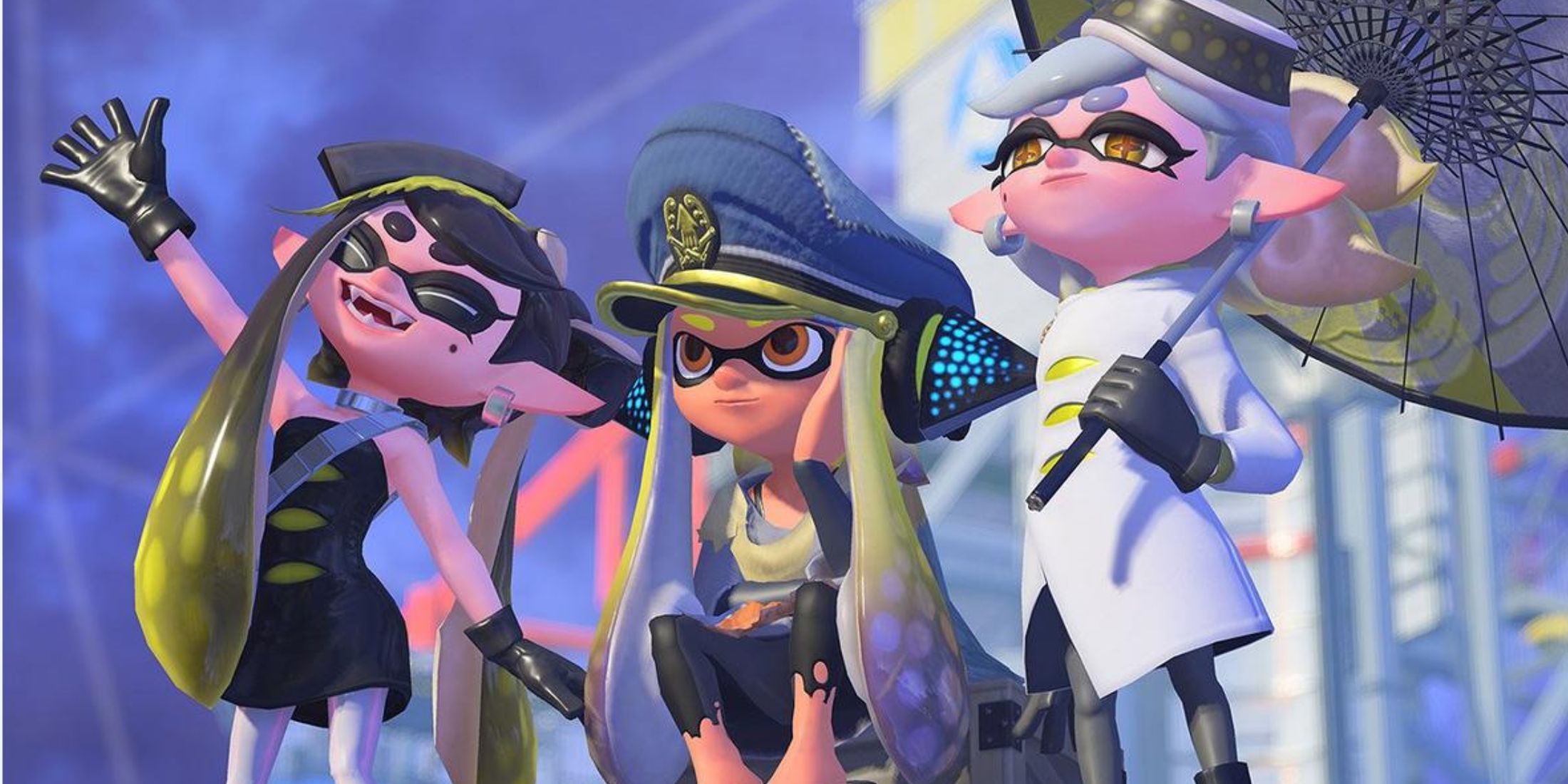
Related
Splatoon 3’s Loss May Be the Switch 2’s Gain
Splatoon 3 recently held its final Splatfest, but a decline in support for the game could be good news for both fans of the series and the Switch 2.
Splatoon 4 Needs a Different Approach to DLC and Developer Updates
Splatoon 4 and the Nintendo Switch 2 Are a Match Made in Heaven
Splatoon is still a relatively new IP, and this makes its success that much more impressive. Compared to some recent games that have seemingly lived and died on the Nintendo Switch, Splatoon has proven its longevity beyond other Wii U exclusives. This element of consistency blends very nicely with the series’ overall popularity, and provides a fair bit of potential that is too promising to pass up.
The beneficial relationship between Splatoon 4 and the Nintendo Switch 2 should be fairly clear, but simply linking the two may not be enough. Previous Splatoon games have had their fair share of issues, and Splatoon 4 will need to address these if it hopes to keep pace with its predecessors. Most notably, Nintendo has often faltered when it comes to supporting Splatoon games after launch.
Splatoon’s Live Service Format Needs Long-Term Support
Splatoon‘s identity hangs heavily on community engagement, especially thanks to Splatfests and other avenues of self-expression. Likewise, the franchise has become associated with features one might find in a live service game. With these two principles tied together, one might expect that any given Splatoon game should receive consistent updates over time.
To some extent, this expectation has been met in years past. However, post-launch support has certainly not persisted up to the point that should be appropriate. Splatoon has purposefully cultivated an incredibly dedicated fanbase that is willing to stay active over a long period of time, so Splatoon 4‘s lifespan should accurately reflect this demand.
Splatoon 4 Could Surpass Its Predecessors with Post-Launch Updates
Splatoon 3‘s approach is a step in the right direction, thanks to the release of more robust DLC than its predecessors. However, the bar still isn’t particularly high, and it’s one that Splatoon 4 can easily surpass. Receiving DLC of this scale would certainly be nice, and something that the developers of the series are certainly capable of, but this isn’t even the expectation that needs to be met.
Instead, developers can simply focus on releasing consistent updates over a longer period of time. Other popular Nintendo franchises such as Animal Crossing seem to be moving in this direction, and Splatoon has proven that it should be no different from franchises of this caliber. In fact, Splatfests already give Splatoon the perfect way to justify long-term support. Even if each game will have to hold its final Splatfest sooner or later, previous games have left too large of a gap between this event and the next release.
This dynamic is especially concerning when one considers the significant gaps between previous Splatoon games. For now there’s hope that Splatoon 4 will be part of the Nintendo Switch 2 launch lineup, but nothing is certain yet. Regardless, Splatoon 4‘s ability to act as a flagship title for the console may become entirely dependent on whether its lifespan can extend well beyond launch, or if it will simply fall back into the pitfalls of its predecessors.
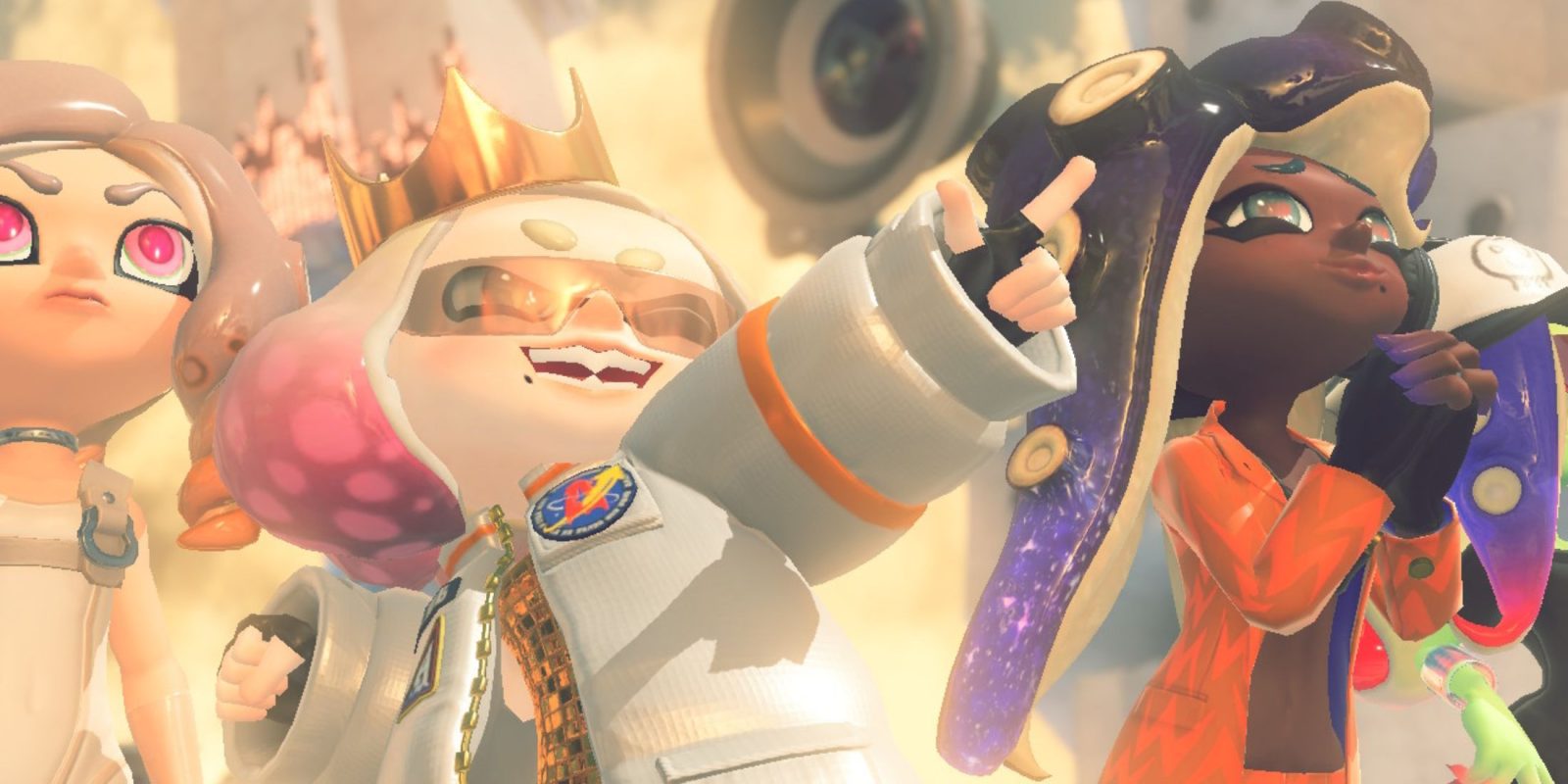

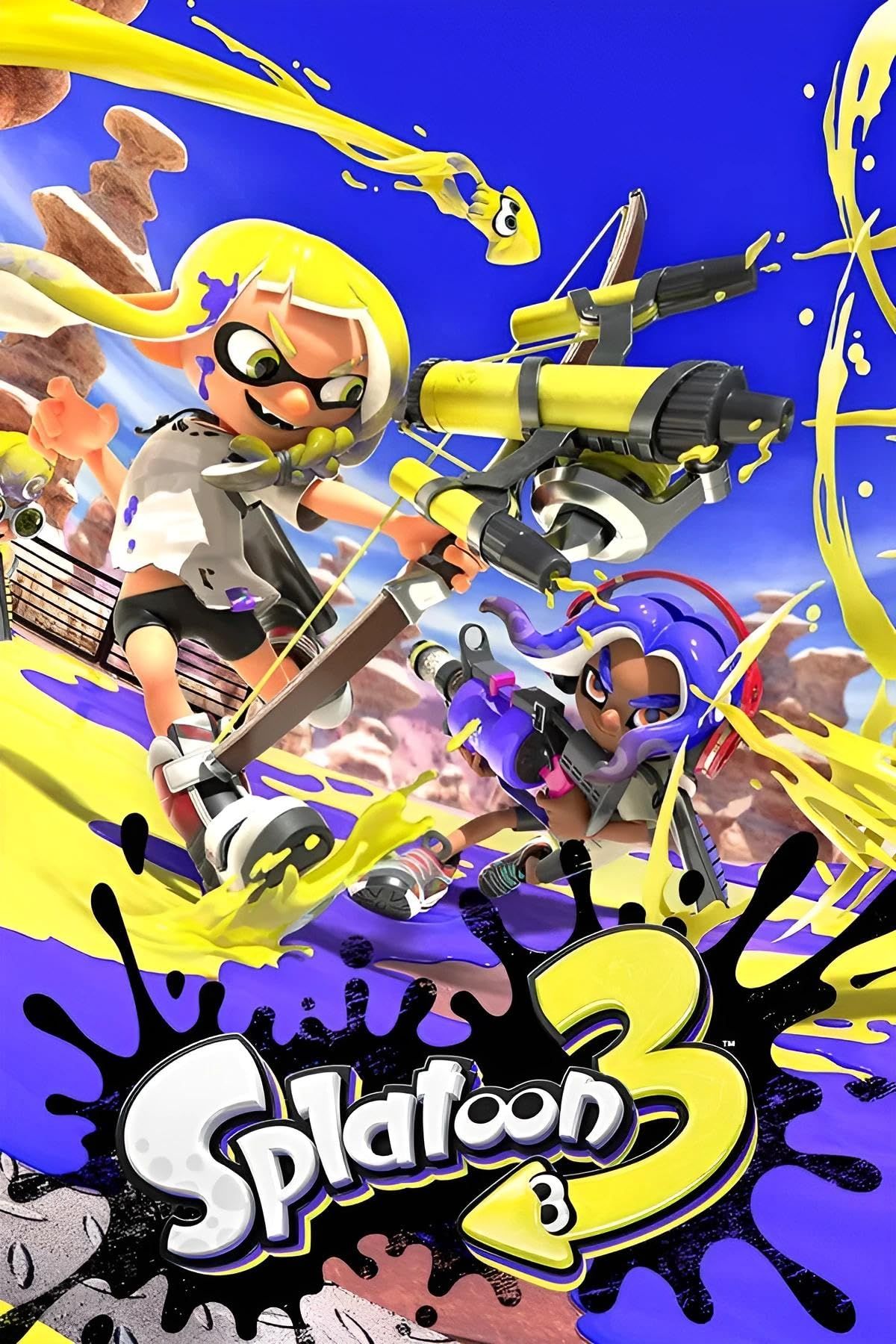
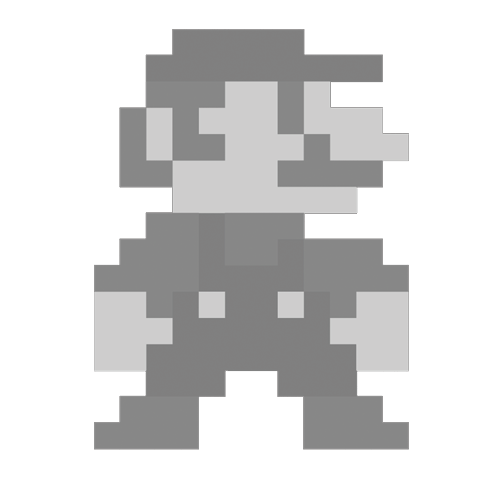







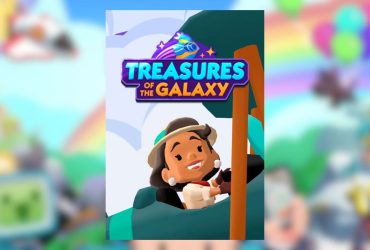


Leave a Reply